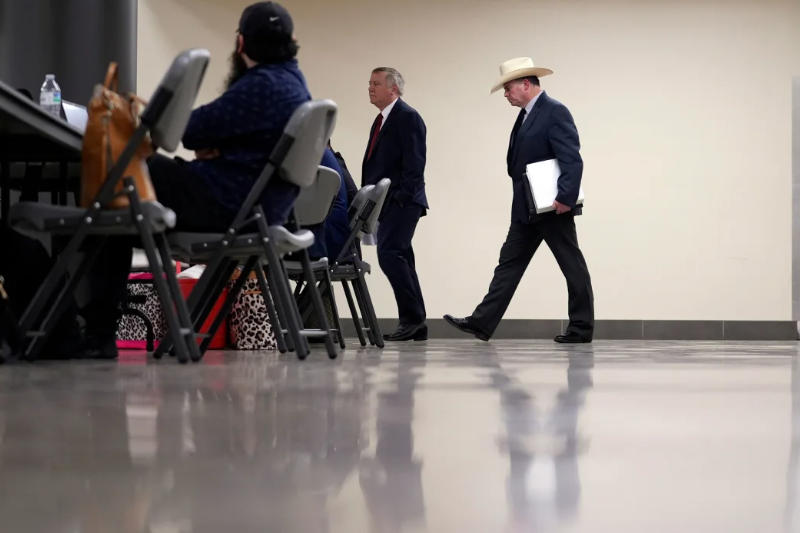An independent investigator’s report on the local police response to the tragic May 2022 school massacre in Uvalde, Texas, has stirred intense emotions and raised questions about accountability.
Jesse Prado, a retired Austin police detective, presented his findings at a heated city council meeting, absolving local officers of wrongdoing.
This verdict sparked outrage among many victims’ families, who felt justice had not been served. Despite Prado’s assertions of good faith actions by officers, multiple agencies had previously acknowledged shortcomings in the law enforcement response.
Veronica Mata, grieving the loss of her daughter Tess, voiced the anguish felt by many families. She criticized the officers’ prolonged inaction despite receiving distress calls indicating children were still alive inside the school. The meeting turned tumultuous as emotions ran high, with parents demanding accountability.
Prado’s 182-page report cleared local police of wrongdoing, but admitted to “many failures” in their response. Despite this acknowledgment, no specific officers were held accountable for their actions on that fateful day. Even the highest-ranking officer among those who initially entered the school, Uvalde Police Lt. Javier Martinez, was exonerated.
Kimberly Mata-Rubio, another grieving parent, passionately questioned the competence of the responding officers. She challenged city leaders to consider whether these were the individuals they would want responding to their own loved ones in a similar crisis.
The disappointment and frustration were palpable among council members and residents alike. Council member Ernest “Chip” W. King III expressed his discontent with the findings, echoing the sentiments of many. He highlighted the lack of transparency surrounding the investigation, with many details coming to light only during Prado’s presentation.
Felisha Martinez, mother of victim Xavier Lopez, confronted Prado directly, questioning the morality of his conclusions. She accused him of causing further pain to the grieving families by failing to hold anyone accountable for the tragedy.
Prado’s findings also shed light on critical moments during the response, including a decision by Border Patrol tactical commander Paul Guerrero to halt an advance that could have stopped the gunman earlier. This revelation contradicted earlier reports and raised questions about the sequence of events during the incident.
The meeting underscored the ongoing quest for accountability by the victims’ families, as well as the broader community’s demand for transparency and justice. The lack of cooperation from local authorities, including the district attorney’s office, has only exacerbated the frustration and mistrust among residents.
Despite the setbacks and challenges, the families of the victims remain resolute in their pursuit of truth and accountability. The meeting served as a rallying cry for continued action and solidarity in the face of tragedy. As the community grapples with the aftermath of the massacre, the search for answers and justice continues unabated.

